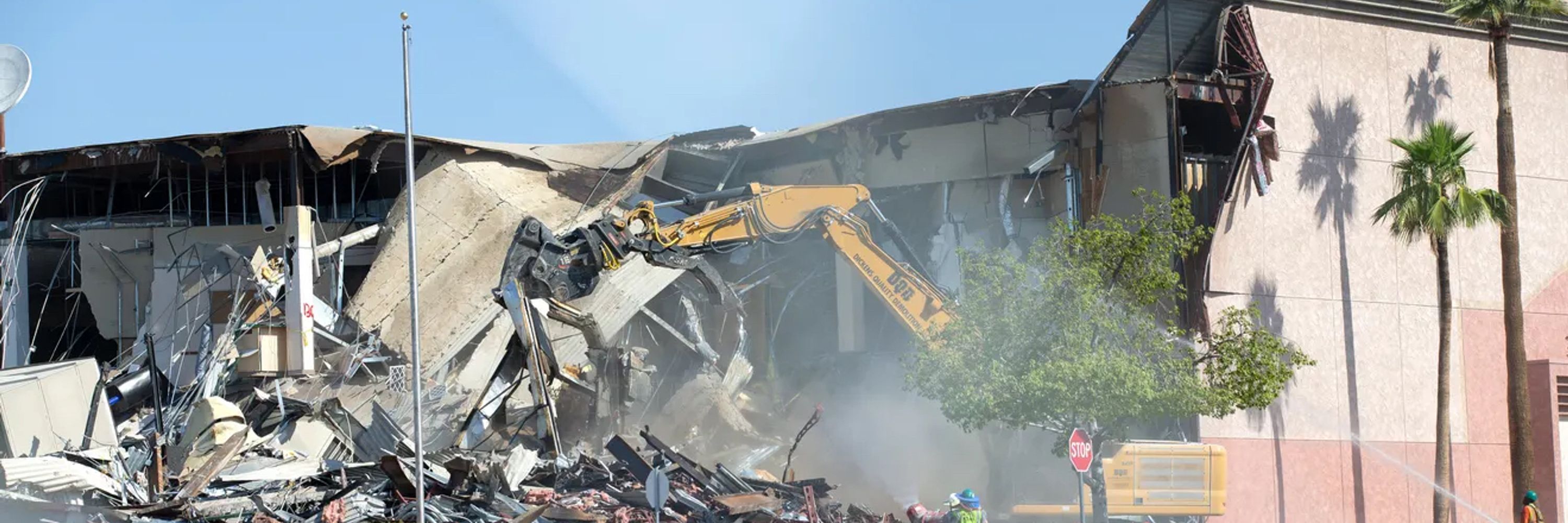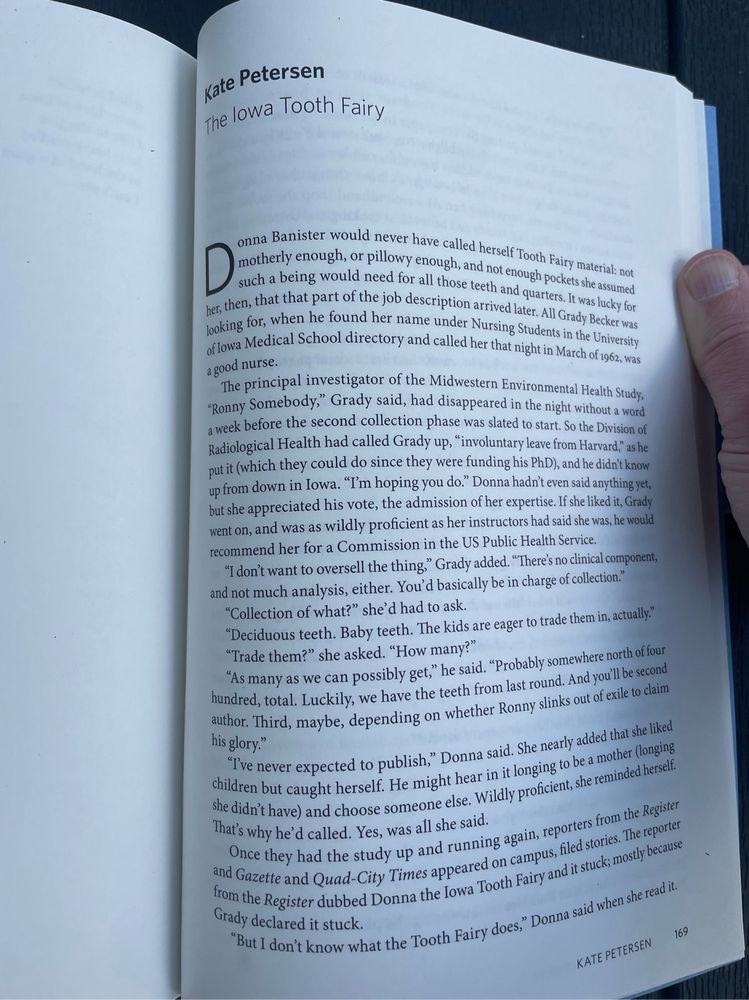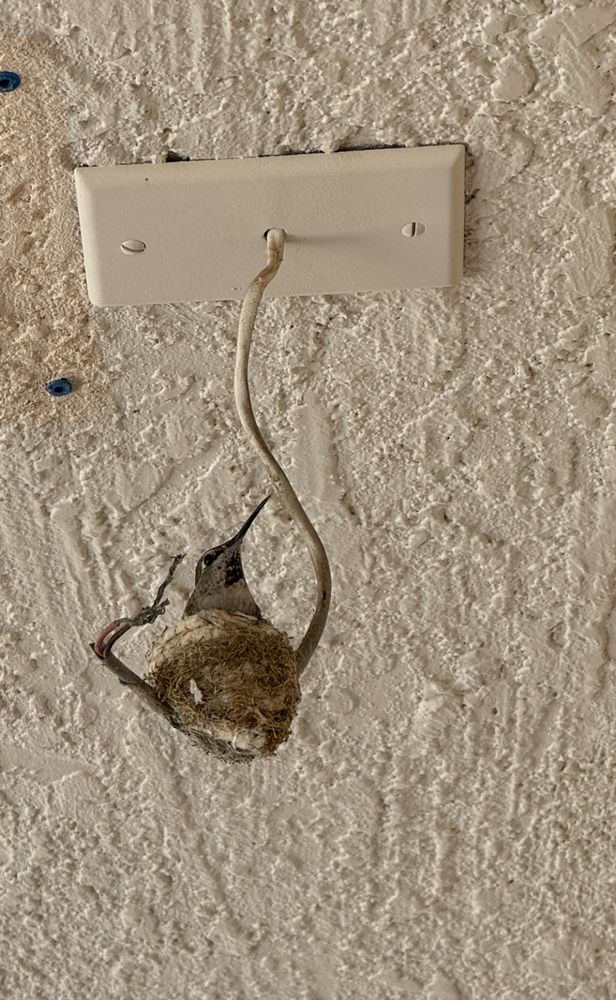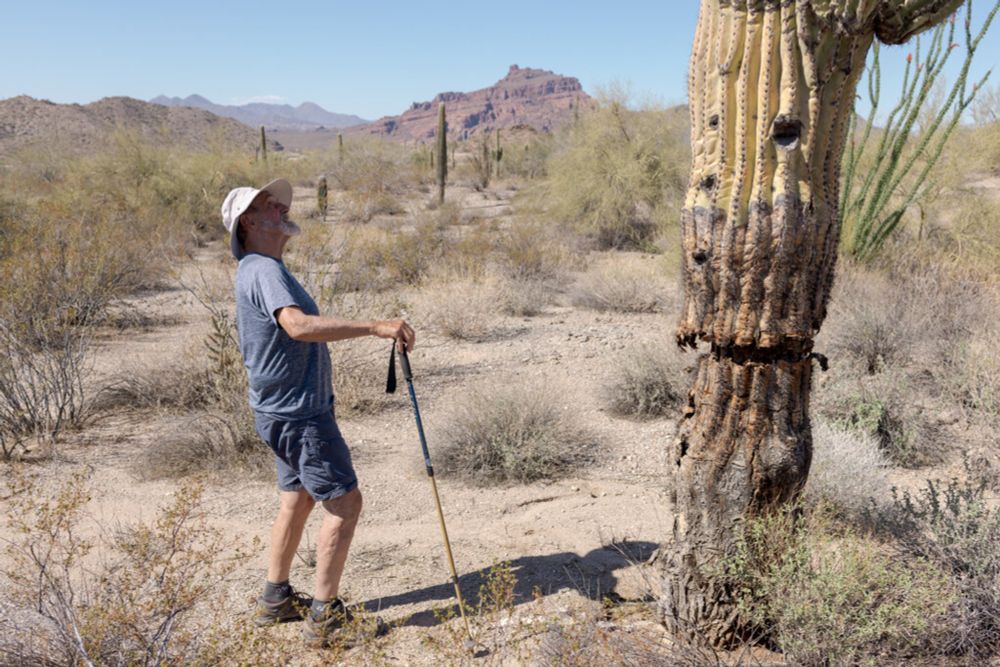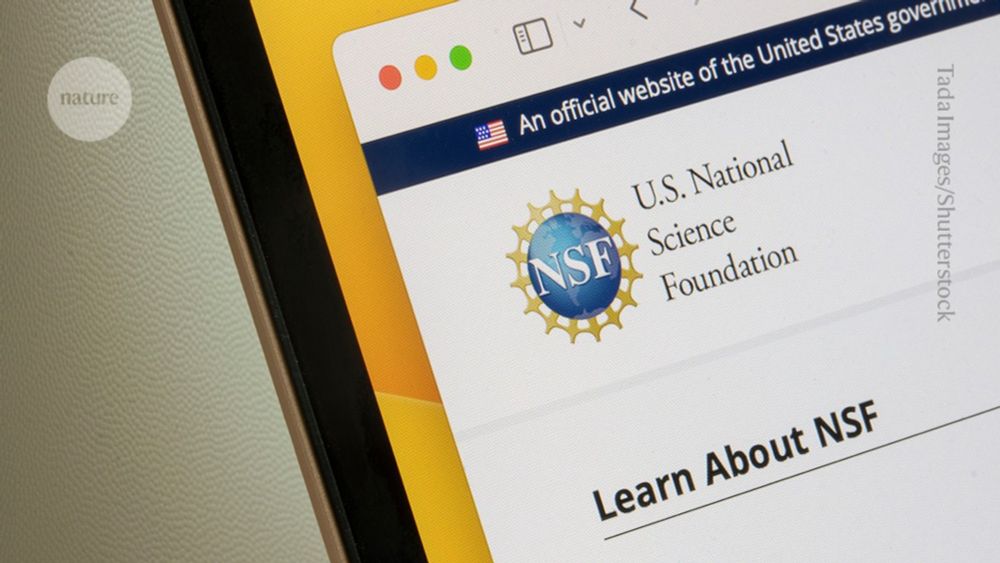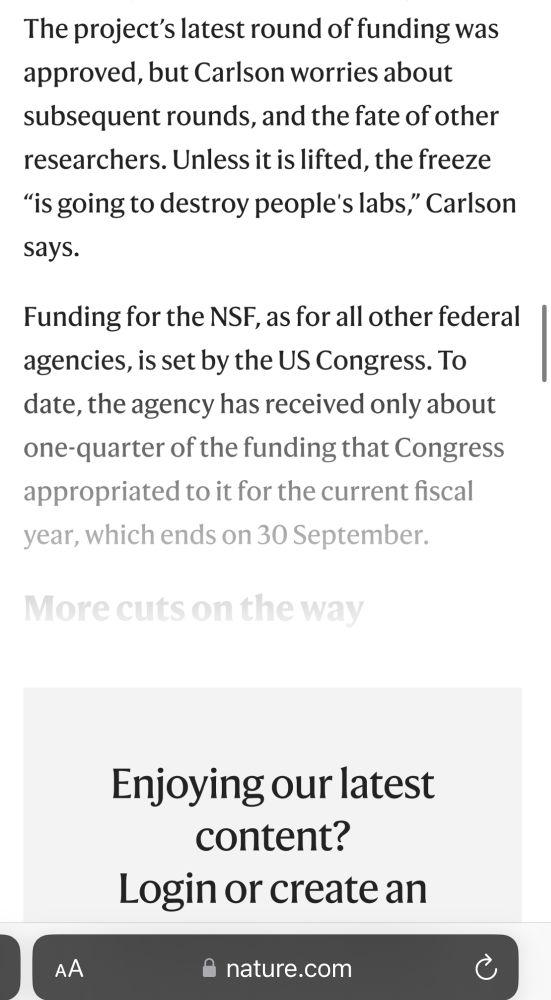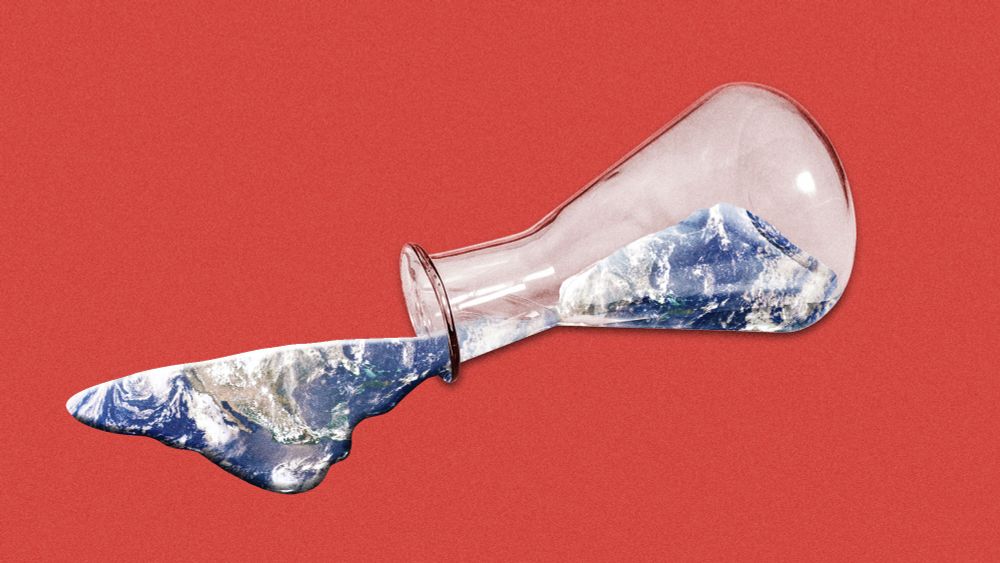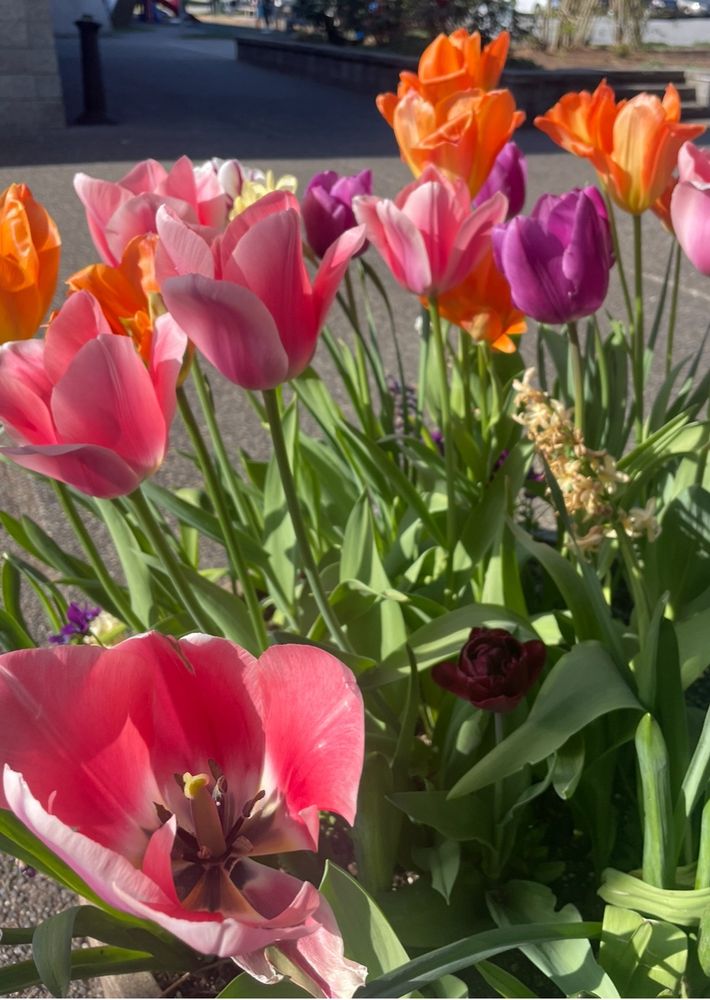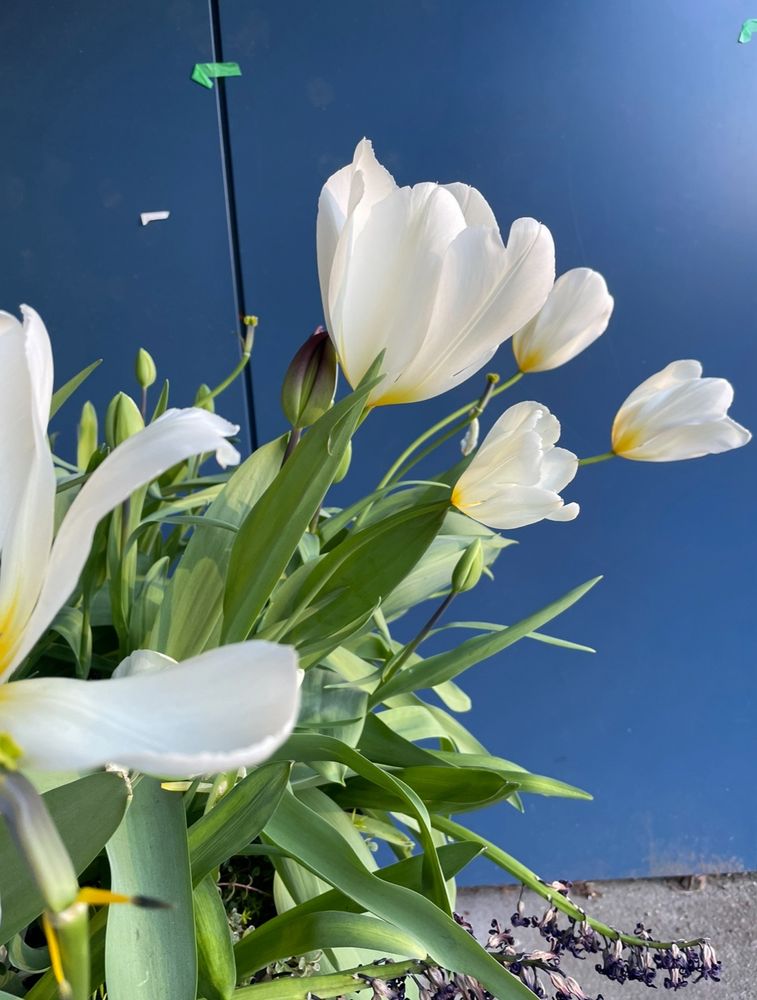Kate Petersen
Writer. Climate communicator for Permafrost Pathways, Woodwell Climate Research Center. Former Stegner fellow. Daughter of Gallahop. Opinions are my own.
- Can confirm that these tissue boxes are the coolest!
- For many years of my childhood, I believed my father when he said he had worked with the Tooth Fairy. As a grown-up, I learned that he *had been part of the tooth fairy bureau in Iowa City as part of his commission in the US Public Health Service. short #epidemiology #fiction🧵
-
View full threadWho ‘the people’ included and who it excluded at times is a troubled story as old as the nation. But we live in a world bettered by this study—by science done in the public interest. The global gains of CDC and the practice of #epidemiology, imperfect as the american project, were non-transactional.
- Erasing and deterring generations of non-transactional helpers who understand that public health is a commons and a moral project is a collective sorrow. But for me, that loss is tied to all the stories, the investigations and details my dad told me over the years, and therefore a personal one, too/
- In an age of smaller word counts, budgets, attentions, all my gratitude to @newenglandreview.bsky.social for its steadfast support of longer and complex works despite the ever-chaotic literature economy and now <gestures at all this>
- My father, 92, who served in the the USPHS and early days of the #CDC Epidemic Intelligence Service, would visit my grade school classes and introduce the then-lesser-known concept of epidemiology to my classes by way of etymology. Epi, he would say. ‘Meaning what is upon,’ and ‘demos’ —the people.
- I wrote a fictional account of a real-life observational study the USPHS conducted to figure out what nuclear testing done in the early Cold War would mean for the public’s health. The results later informed the Safe Drinking Water Act of 1974.
- My mom sent me this of a hummingbird that made its nest on a torn-out speaker cable. Which is cool..and then I went looking for how many babies she might have and found an *entire Reddit* of hummingbirds being really metal about their nest builds. So happy Mother’s Day tmrw to all hummingbird moms 🤘
- Or technically a bunch of different Reddit threads starting with such a picture and then everyone being like oh, yeah, same at my patio bistro lights
- Hey everyone, you’re doing a good job! Thank you for the thinking, ethics, art, care on here. Today I told someone it’s okay, and they said what’s okay, so then I had to think of some things. It was good to name them, even when they are not enough, even when cruelty moves faster than compassion.
- True #SciComm bravura. Thanks, @neorsd.org 🤩
- ‘In late 2023, Mr. Pike created another map with more than 9,900 tiny saguaros. On this one, green signals good health and black means the cactus is dead. He’s trained about 40 people to find additional saguaros and monitor the ones already in the database.’ Beautiful #communityscience at work #GIS
- www.nytimes.com/2025/05/03/c... "in the summer of 2020, Mr. Pike watched the sky turn orange as the Bush fire burned 193,000 acres, killing roughly 80,000 saguaros." Included was the study site where I worked for my Master's degree. I haven't had the chance to go back to see the damage. 🌎 #ecology
- [Not loaded yet]
- awful. have there been any comms from uni admin about it?
- [Not loaded yet]
- Pup in foreground looks like a professional river model! 🤩
- Time to catch up on the past week’s news about science and medicine in the US. Whew. 1/10
- Nature reports that the National Science Foundation has stopped awarding new grants and allotting funds to existing ones. All of them. @colincarlson.bsky.social says that unless the freeze is lifted, it “is going to destroy people's labs.” 2/10 www.nature.com/articles/d41...
- Related question: bsky.app/profile/k8pe...
- Q: Have any of the major journals waived publication fees and offered free open access for u.s. scientists who have lost their grants or funding in last 99+ days? That would be a real way to support researchers and get good science out the door while the bulldozers run amok. #AcademicSky
- Q: Have any of the major journals waived publication fees and offered free open access for u.s. scientists who have lost their grants or funding in last 99+ days? That would be a real way to support researchers and get good science out the door while the bulldozers run amok. #AcademicSky
- Awful. and while a small point, when do the paywalls catch up with the times? ‘Not enjoying the senseless destruction of science infrastructure? Not one of the 592 people okay with this? Subscribe via your imperiled institution to get existentially terrible news delivered directly to your inbox.’
- BREAKING: NSF has frozen all grant funding, as of yesterday. It's unclear when they will resume funding awards, or why the pause has been put in place. www.nature.com/articles/d41...
- (most of my muscle memory of hope can be traced back to watching sports as a kid, so please forgive me as a trawl through the online feelings archive of the 4 Nations final for expressions of my gratitude to and hope for our neighbors in Canada tonight!)
- “There may well be a sixth National Climate Assessment,” said @meadekrosby.bsky.social of UW Climate Impacts Group and a contributor to the assessment. “The question is whether it is going to reflect credible science and be of real use to our communities as they prepare for climate change.”
- “The American public needs to understand that you can’t just turn a science switch off and then turn it back on again,” said Rick Spinrad. Great reporting by @sachimulkey.bsky.social on the current dismantling of US scientific research capacity: what it means for now--and for future generations.
- [Not loaded yet]
- [Not loaded yet]
- ❤️💜❤️
- rangy tulip season! #FlowerReport
- grateful for all the voices and minds and bodies speaking truth to both the real and manufactured emergencies of this moment. grieving the other instances of this moment, where we could be talking about so many other beautiful, challenging, necessary things.
- “We're always thinking of those future generations, and how the decisions we make today are going to impact future generations.” - Whitney Gravelle, president of the Bay Mills Indian Community
- [Not loaded yet]
- lollllll
- this is the best analogy ever and god that seems many years ago
-
View full threadAnd also there was learning. Silence. Curiosity and listening. Humor. Dance. Quyana to the Alaska Native Knowledge-holders who traveled to share their critical Knowledge of the #Arctic. Who invited everyone to join a traditional Yup’ik dance at the Indigenous pavilion. 19/n bsky.app/profile/perm...
- Though the warming experiment we’re running is unprecedented in its speed and scale, the connections it reveals and tests have been recognized since time immemorial; they hold. #Arctic research must continue to prioritize these connections, listen to them, wherever this next era begins or ends. /20
- This is subjective, but for me, this was grief-in-motion, a grief-while-there-is-work-to-do. What I’m calling ‘working grief.’ Working grief, as in ‘working draft,’ because the things we are grieving are not final, and can be altered by the work ahead, by community care. 17/n
- #Arctic communities and ecosystems have suffered losses; loss is happening now. We must work with and from that knowledge. As with #permafrost thaw, our past emissions have already guaranteed some thaw in the future, but there’s still time to act. To build resilience, to stabilize more ground. 18/n
- We’re in a moment “to do extended network-building,” said Twila Moon, of @nsidc.bsky.social. Can we move beyond the “bubbles” western science gets stuck in, find the people and organizations at the next bubble edge and ask: “what do they need, and how would they use that information?” 15/n
- Grief was a through-line. Grief for stolen land for colleagues who passed for those not permitted to attend, and others for whom it was not safe for the losses another record year of warming will mean for this canary region for the science infrastructure & people power needed to meet this moment 16/
- She described changes 55 million years ago, incl. 16-25m of sea level rise over 400 years. “I'd like to see us draw more on those paleo examples to show what the consequences could be,” she said, pointing out that the warming now is happening 10x faster than during the last thermal maximum. 13/n
- Have heard Arctic Knowledge-holders & researchers call themselves time travelers before, bridging millennia and ways of knowing to better prepare for the region and planet’s future. But was struck, this time, by Brigham-Grette’s question: What does the future mean to people? Perhaps The Question now
- Personally, this meaningful, cross-disciplinary discussion of #datarescue and making sense of what we already have was a welcome balm for the AI-steeped discourse being advanced by some of the algos and apps these days. #SciComm #ASSW2025 11/n
- More than prologue, the Past is a useful #SciComm tool and potentially a decision-making one, too, when we are clear-eyed about its implications. As geologist Julie Brigham-Grette said, researchers use paleo data “to better benchmark how serious these major changes that are happening are.” 12/n
- But I heard cross-disciplinary interest in better inventorying existing datasets and processing, digitizing samples as a way to help extend the data record (into the Past) and contextualize new observations in decadal and sometimes longer timescales. 9/n
- Interesting moment at the community meeting of the Distributed Biological Observatory when a participant talked about having to pry open a long-locked cabinet that contained a trove of older samples from prior cruises. In doing so, they were better able to tease out changes and trends 10/n
- Minding the Boring comes with tension, of course, bc much science funding is structured around novel hypotheses, not data rescue and processing--making LTERs, Distributed Biological Observatory, and other long-term research initiatives imperative loci for this critical work to take place #SciSky 8/n
- Co-production. It was great to hear the need for and discussion of meaningful co-production of knowledge come up not only in terrific sessions organized around the practice, but as a consensus starting place in most of the plenaries and open Q&As I went to. 5/n
- This insight was especially poignant as I witnessed many presenters standing in for collaborators and colleagues who had initially planned to share their work but could not attend in person. 3/n
- Perhaps science’s replicability make it more resilient to such improvisation and understudy than other forms. But I felt acutely that we were at the hinge point between one era of science meeting in the Lower 48 and the beginning of another one. 4/n
- It’s all about the people, esp. early career and future scientists. "The reason it works well is because of people. Doesn’t matter how good your equipment, or how big your datasets: if you don’t have good people and make space for them to do great work, nothing works well,” said one speaker 2/n
- [Not loaded yet]
- Congratulations, Pryce!
- [Not loaded yet]
- this is wonderful! thank you for sharing
- [Not loaded yet]
- sending you comfort and power 💜💜💜
